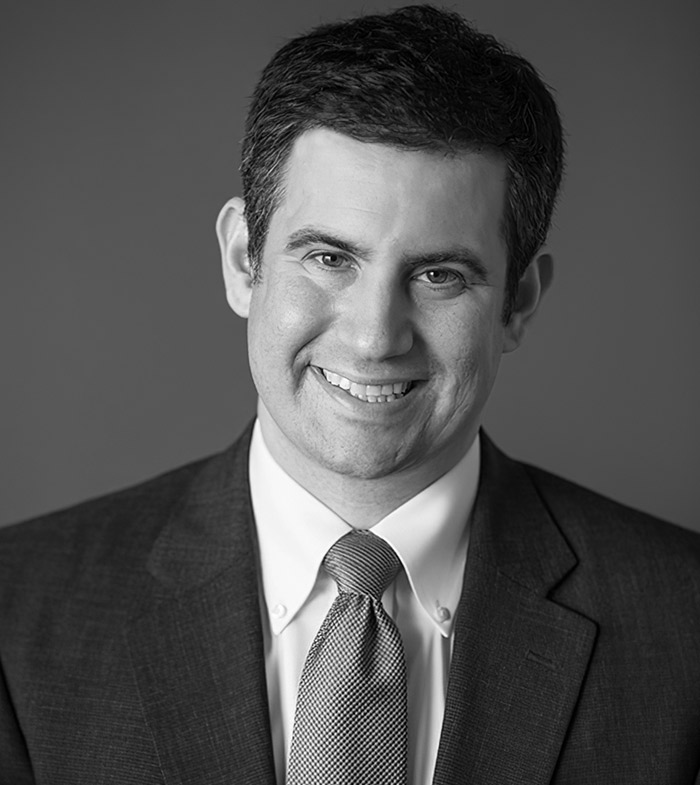Georgia’s old common law was extremely hostile to the enforcement of restrictive covenants, particularly non-competes. However, even under Georgia’s old regime, covenants which prohibit a former employee from recruiting or soliciting employees of his or her former employer are subject to less scrutiny. That said, while these types of covenants are more frequently enforced than non-competes or customer non-solicits, the rules on enforcing employee non-recruitment covenants are not without limit, as demonstrated by a recent opinion from the Eleventh Circuit Court of Appeals.
Wetherington, M.D., v. AmeriPath, Inc., — Fed. Appx. — , 2014 WL 2016582 (11thCir. May 19, 2014), involved, among other issues, the validity of an employee no-hire/non-recruitment covenant. The covenant at issue included a blanket restriction prohibiting AmeriPath’s former employee, Dr. Wetherington, from hiring AmeriPath’s current employees. More troubling to the Eleventh Circuit, the covenant prohibited Dr. Wetherington from hiring former employees who have no confidential information belonging to AmeriPath and who resigned voluntarily a year ago. The covenant also prohibits Dr. Wetherington from hiring former employees with whom he had no relationship with during his employment with AmeriPath. The Eleventh Circuit found that AmeriPath had no legitimate interest in prohibiting the hiring of such former employees.
More reasonable employee non-recruitment covenants usually can be enforced, even under Georgia’s old common law. However, the variety of flaws in Dr. Wetherington’s covenant rendered it unenforceable. Noting that Georgia’s old common law does not allow blue-penciling, the Eleventh Circuit found that this covenant was unenforceable in its entirety. The Eleventh Circuit thus affirmed the District Court’s ruling with respect to the this covenant.
The Eleventh Circuit also rejected AmeriPath’s other claims against Dr. Wetherington based on his hiring of former AmeriPath employees. More specifically, AmeriPath alleged that Dr. Wetherington had tortiously interfered with AmeriPath’s employment relationship with certain employees. One such employee was Mr. Stevens. Mrs. Baker had hired Mr. Stevens to work for SkinPath, where Dr. Wetherington was now a corporate officer. AmeriPath claimed Dr. Wetherington was involved in luring Mr. Stevens to SkinPath; however, there was no evidence that Dr. Wetherington participated in recruiting Mr. Stevens or that he had specifically authorized Mrs. Baker to recruit Mr. Stevens. As Dr. Wetherington could not be vicariously liable for the actions of Mrs. Baker in hiring Mr. Stevens unless he had personally participated in or had specifically directed the conduct, the Eleventh Circuit agreed with the District Court that AmeriPath’s tortious interference claim against Dr. Wetherington fails.
In sum, the Eleventh Circuit agreed with the District Court that AmeriPath’s claims against Dr. Wetherington based on hiring former employees of AmeriPath did not present a jury question.
Neal Weinrich knows noncompetes and trade secrets inside and out. A shareholder at Berman Fink Van Horn, Neal counsels clients in all industries on matters involving restrictive covenants, trade secrets and other competition-related issues.

